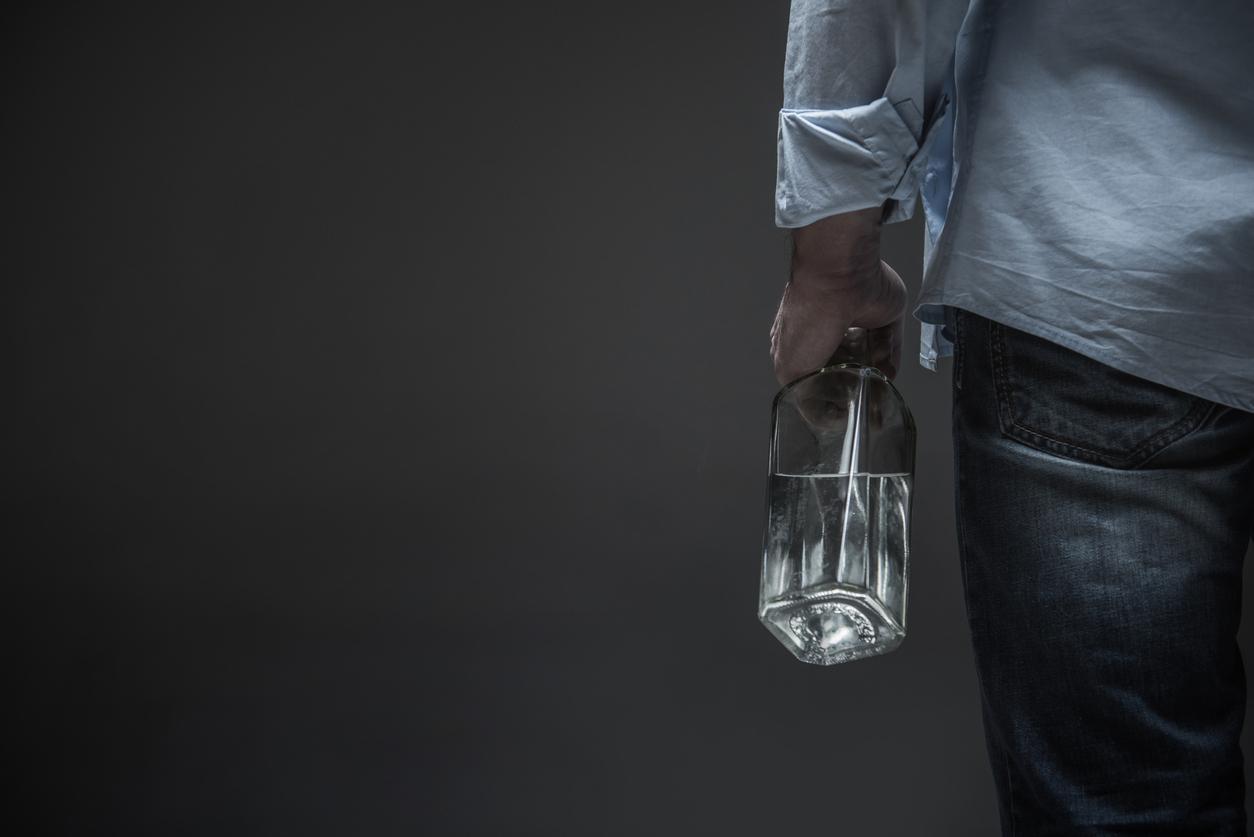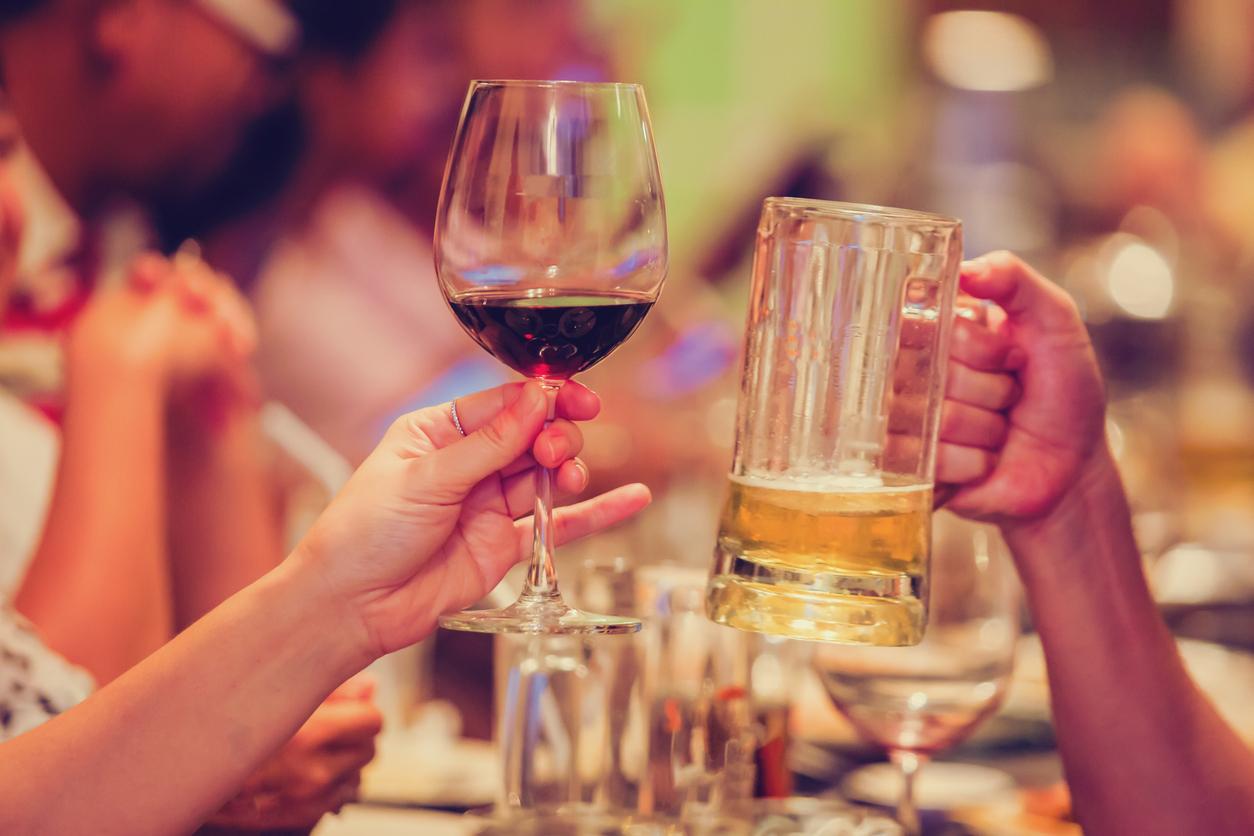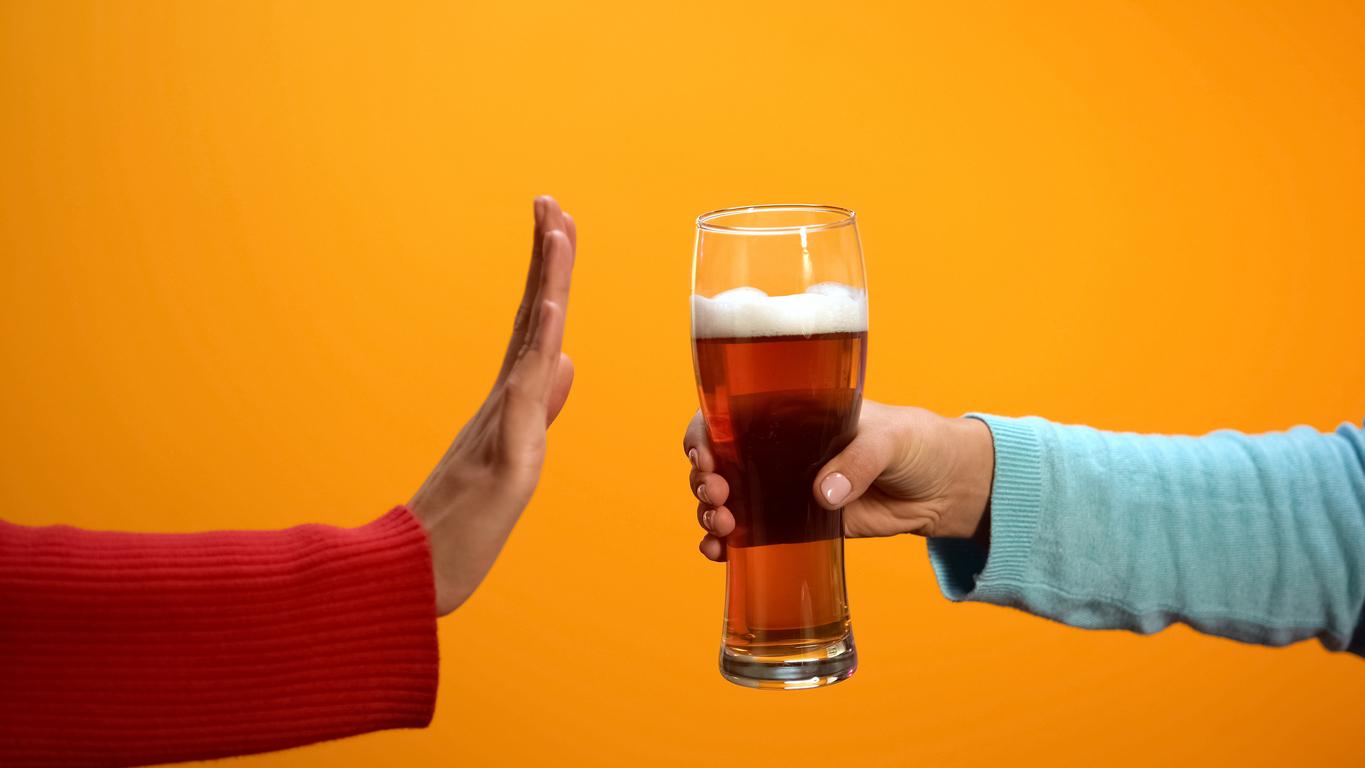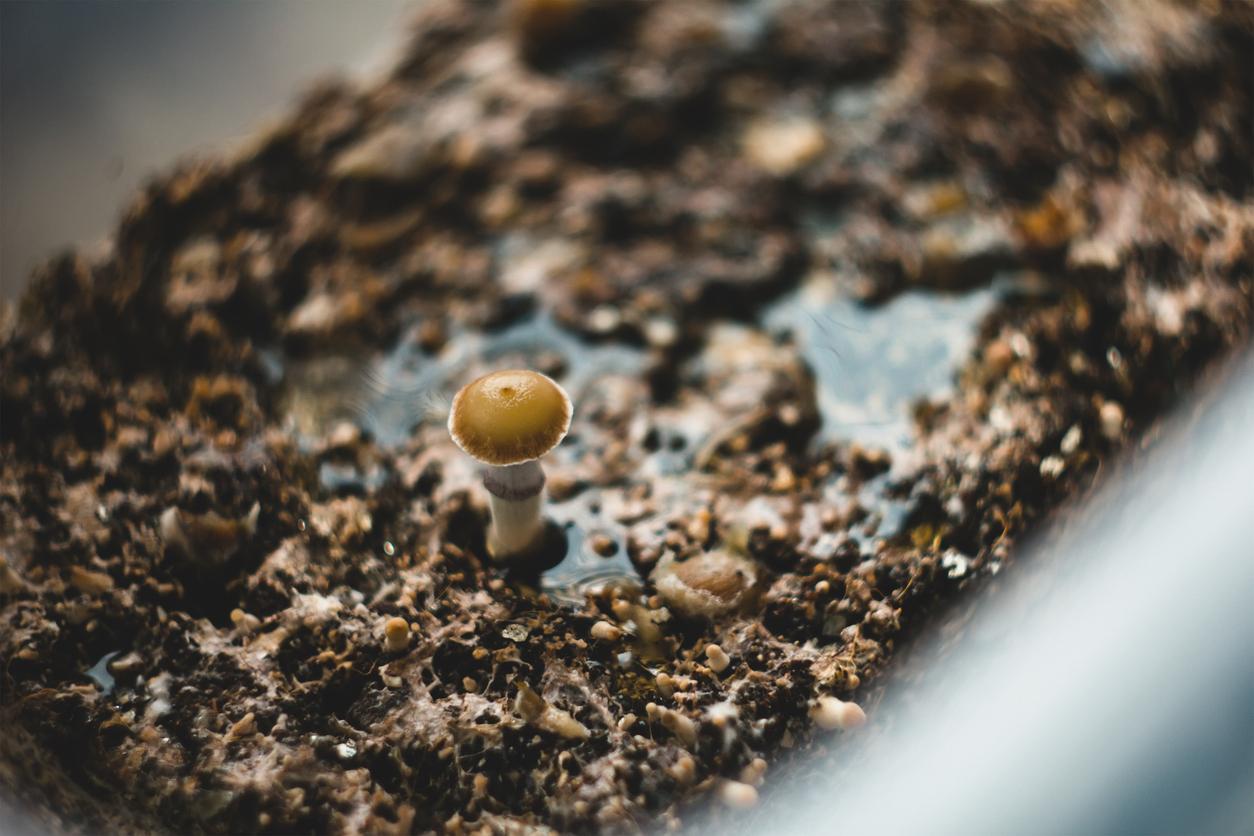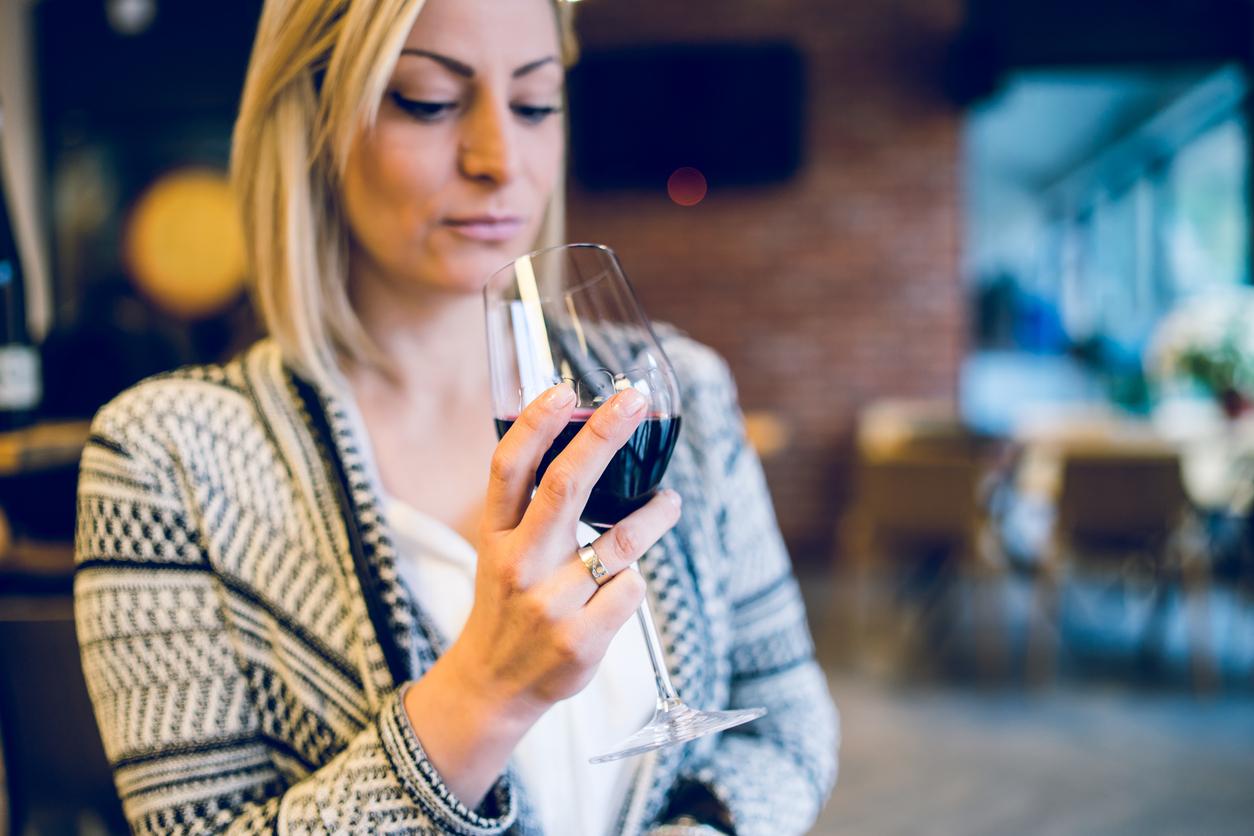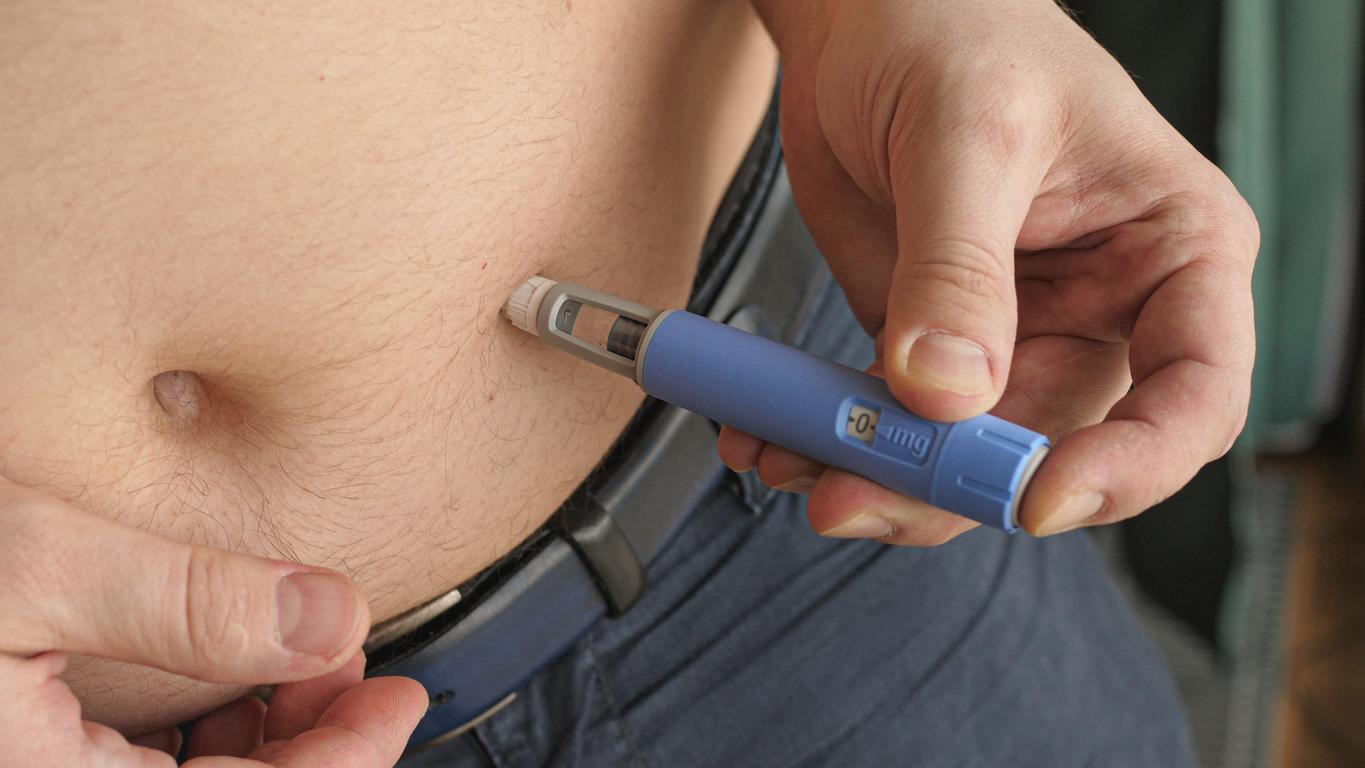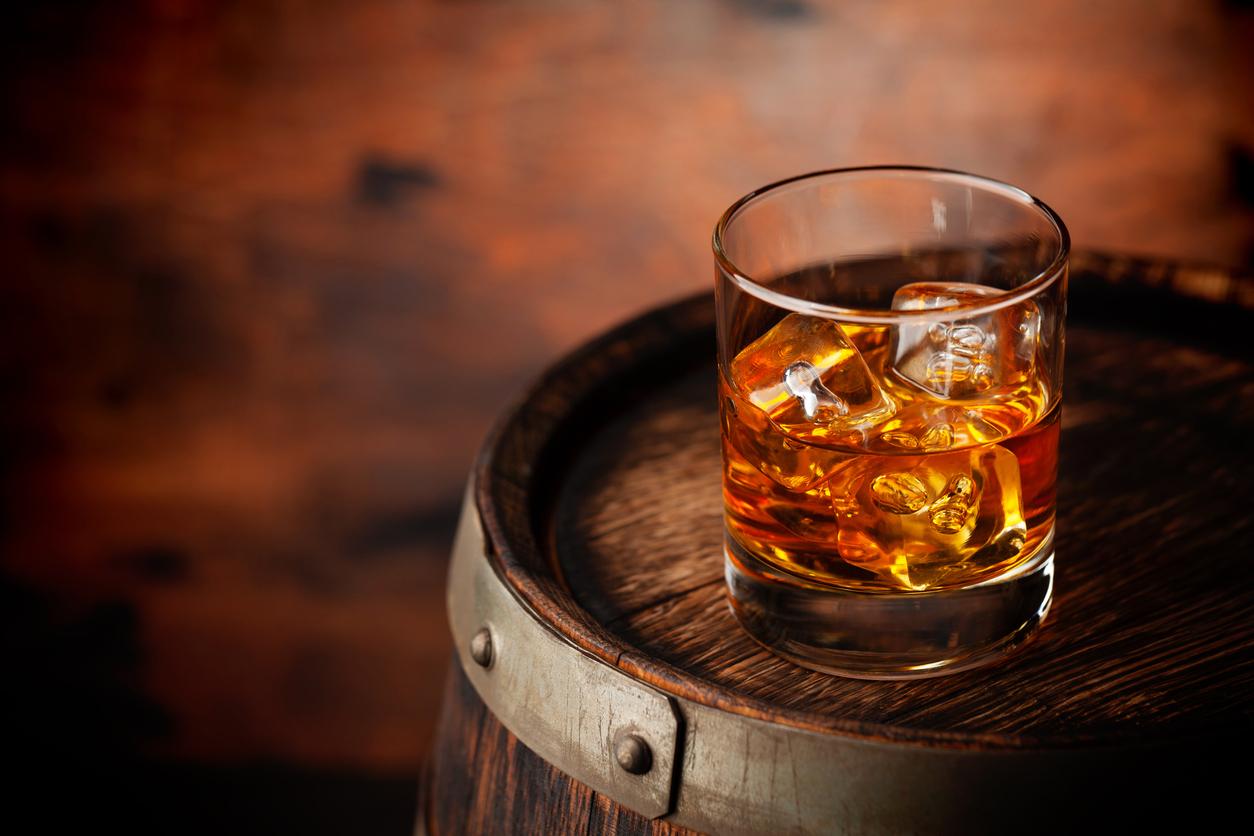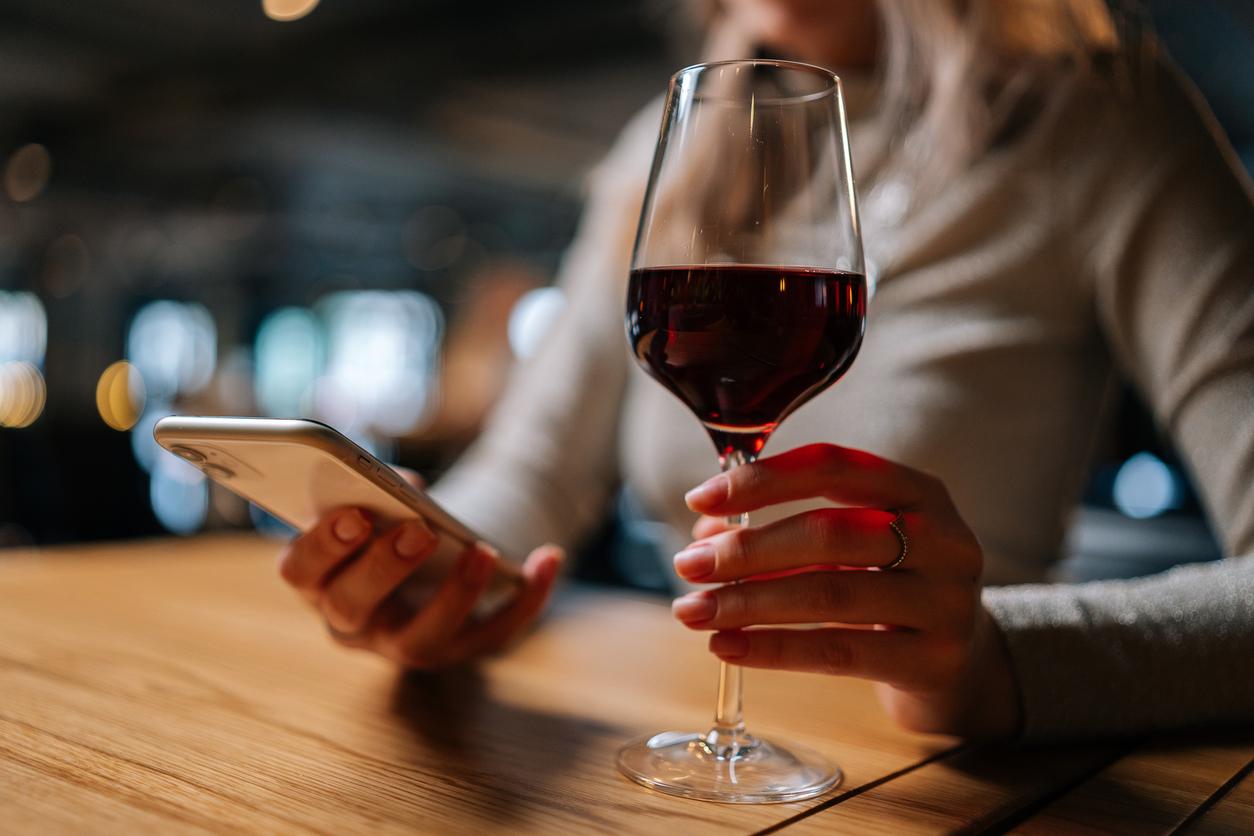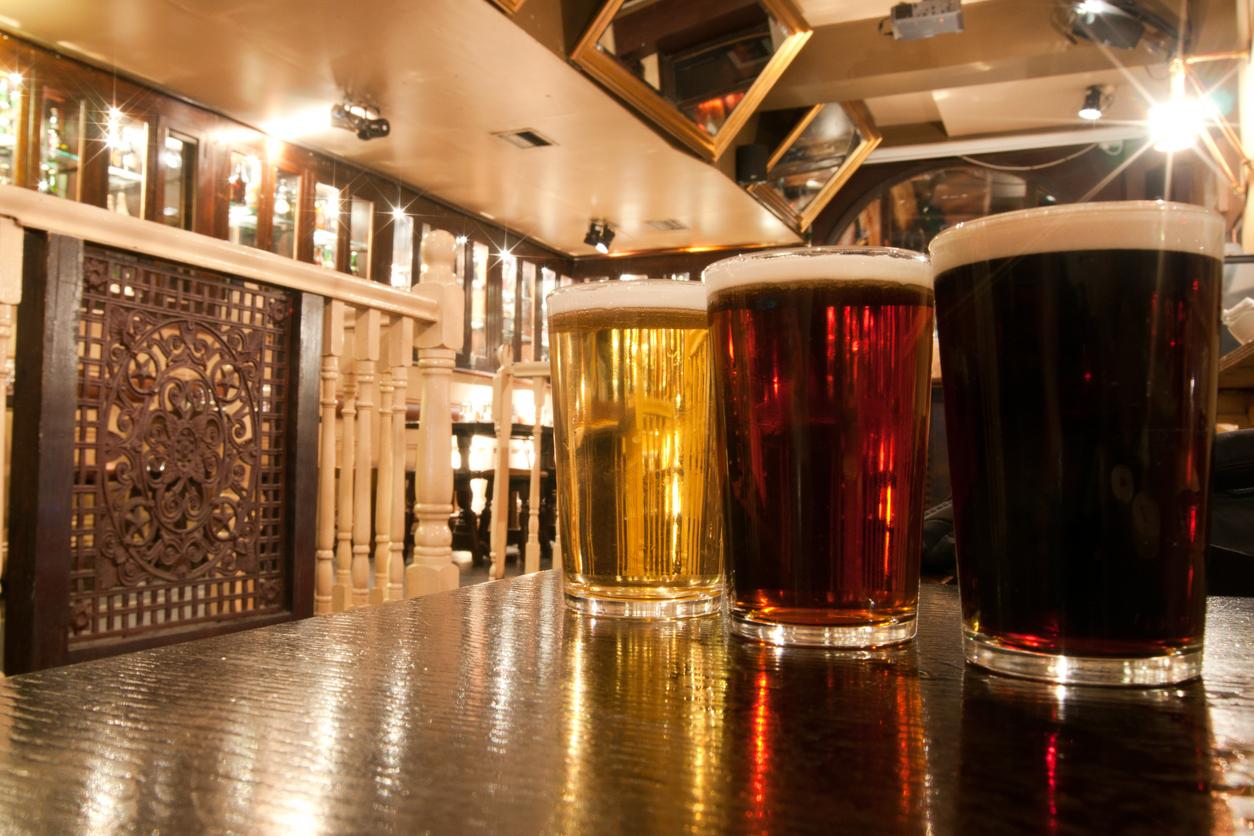Nearly three-quarters of medical students reported at least one episode of high-risk drinking in the two weeks preceding a survey in Paris.

Medicine nights where alcohol would flow freely is not a myth. High-risk alcohol abuse is common among these students who are under great pressure. This is indeed what reveals a study carried out within the Faculty of Medicine of Paris VII (1) published recently in the scientific journal The brain. Thanks to a short self-questionnaire, these scientists were able to assess the inclination for alcoholic beverages of these young people who are supposed to know the health effects of psychoactive substances (tobacco, alcohol, cannabis, etc.)
And the figures have enough to give a cold sweat to the professors of medicine and other department heads of the hospitals which supervise them. Of the 302 medical students surveyed (aged 18-22), three-quarters reported at least one episode of high-risk drinking in the past two weeks. On average, they even report 2.4 such episodes during this period. And the worst is perhaps when we ask them about their maximum consumption, it can go up to 10.3 glasses! Enough to make these students dizzy, following some of the most selective studies in France.
Escape from everyday concerns
On this subject, Dr David Duroy, main author of the work, explains having noted “a significant association between the number of high-risk alcohol consumption and the maximum consumption of alcohol drinks”. He specifies that at-risk drinkers most often consumed “in a festive context and sought drunkenness more frequently”.
But why such behavior? The assumed motivation of these future doctors was “an escape from daily concerns”. The stress of the partials would therefore be evacuated in a glass of alcohol. Conclusion, like their elders, medical students would be affected by professional difficulties, which are very common among all health personnel (nurses, emergency physicians, general practitioners, etc.) For the latter, burnout is often the end of life. journey…
Contacted by Why actor, Pr Michel Lejoyeux, psychiatrist at Bichat hospital (Paris), provides a complementary analysis. Co-signatory of the work, he confides that “today, the way young people consume alcohol is different from that of their parents”. “They do not consume it every day but rather have a paroxysmal catch,” he adds.
Moreover, these medical students also experienced the negative consequences of alcohol to a greater extent. The researchers cite the frequent example in this population of the famous blackout episodes, in which a person has forgotten many moments of an evening.
And it is therefore logical that these stressed students also adopt more risky behaviors since the heaviest drinkers have more aggressive behavior (sometimes leading to emergency room visits) than the others and frequently drive in a state of intoxication. In addition, they confided that alcohol often leads them to unprotected sex …
Prevention programs under study?
Finally, these at-risk drinkers also co-consumed more tobacco and illegal substances. And the team found in them a greater share of addiction problems linked to these two substances. In short, the total of an evening that can end very badly.
For these French researchers, their results are so worrying that they consider it necessary to develop prevention programs within this particular population. Especially since they think more and more that “binge drinking is close to a process of dependence”. “These strategies could be designed around several interventions on campus and student parties”, thus propose the authors of the study.
The objective of these interventions would consist in breaking a culture which encourages a strong collective consumption of alcohol. “A good party is an alcoholic party think young people”, according to Professor Lejoyeux. And the addictology specialist recalled the role that parents played in this risky consumption: “the pressure of culture is greater than the weight of health science. Medical students are no exception. Like the others, they must come out of this positive representation of alcohol, ”he concludes.
Prof. Michel Lejoyeux, psychiatrist at Bichat hospital (Paris): ” Parents who, glass in hand, tell their child not to drink, there is rather an example effect… “
(1) The study was carried out jointly by the psychiatry and addictology department of the Bichat-Claude-Bernard hospital (Paris); the University of Paris Diderot – Paris-VII and the epidemiology department of the territorial hospital community (CHT) for Parisian psychiatry.
.







